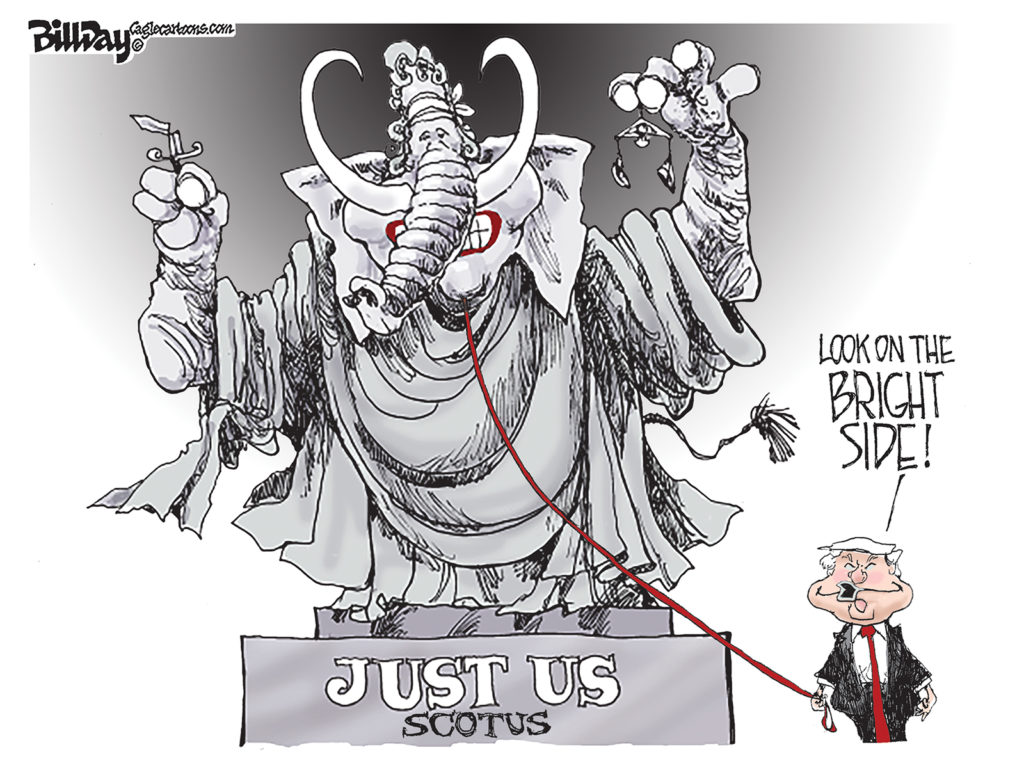When Willie W. Herenton left Memphis City Schools as its superintendent following his election as Memphis mayor, the City of Memphis budget that he inherited was just slightly smaller than the one he managed at the school district.
When he left office 18 years later, City of Memphis budget had increased about 45%, which corresponded roughly with the rate of inflation.
Memphis City Schools budget had increased about 125%.
As for employees, the number of fulltime city workers remained relatively flat during the terms of the Herenton Administration, but employees at Memphis City Schools increased about 50%.
What makes the numbers so startling is that city government and city schools did not see an increase in the number of people they were serving. The population of Memphis was about the same (due to annexation) and the number of students in Memphis City Schools was about 5,000 fewer.
Shroud of Memphis
Enrollment numbers for Memphis City Schools have been shrouded in as much mystery as Papal elections, and they have wildly fluctuated over the years, often in patterns that bear no resemblance to demographic trends. For example, at the dawning of the 21st century, the district was claiming to have more than 130,000 students although common sense and basic addition led to a wink and a smile when anyone at the mother ship on Avery was asked for explanations. Everyone knew the number was substantially less.
State education officials were told that the spike was caused by the annexation of Hickory Hill, but two years later, the number had spiraled down by 12,000 students. Of course, the higher the enrollment, the more funding that flows down from state government, so the philosophy in those days was always to err on the high side.
To his credit, Superintendent Kriner Cash has brought rationality to the enrollment wars, and today, the district says on its website that enrollment is 105,000 students. Superintendent Cash put it at 103,000 in a meeting with City Council about a year ago. (In other words, if Memphis City Schools numbers over the years are to be believed, the number of students has fallen 30,000 students, or when translated into the cost of educating them, that amounts to about $300,000,000.)
Paying More for Fewer Kids
This is no insignificant matter.
The person who we regard as the best expert on school funding in this part of the state tells us that local government can cut funding for schools if enrollment declines. Oddly, this never seems to be part of the debate about City of Memphis funding of schools.
Despite the decrease in students and the climbing budgets, there are still some who act as if Memphis City Council is derelict in its duties to suggest that tax fairness comes first and that all school funding should be where it belongs – on Shelby County Government, constitutionally required to fund all public school students.
As the Flyer’s John Branston pointed out Friday, the drop in enrollment is largely ignored as courts rules on whether city government has to continue to fund schools. In fact, as Mr. Branston points out, there is a $75 million discrepancy in the Court of Appeals ruling itself, a total that outstrips the amount at issue in the lawsuit moving to the Tennessee Supreme Court for a final ruling.
In the midst of the Alpha male rhetoric that often flows out of the school district’s legal office, it would be a sign of maturity if school officials would take as much time trying to explain to us why they need the city’s money as enrollment dips and after a doubling of the budget. Instead, it’s all about winning instead of doing what’s right, and about ignoring the lack of logic in arguing that city taxpayers should continue to pay twice for schools that every one outside Memphis gets in return for sending in their county property tax check.
V-Day
Or if Memphis City Schools really wants to prove that it’s on Memphians’ side, it would declare victory in the courts and forego any demands for more money from city taxpayers since there’s no proven need for it. Instead of fighting for money that it doesn’t need, what if it instead entered into a new arrangement with City of Memphis where taxpayers invested in special and exciting projects like the Gates Foundation’s Teacher Effectiveness Initiative in Memphis or in programs with measurable goals and clear accountability for results.
No one is saying that city government should ignore the needs of Memphis City Schools, but it would be preferable if the needs were clear and spelled out, and that city government is treated as a partner rather than as an ATM.
Or, what if Memphis City Schools keeps the money and becomes the primary funder for programs like the much-needed, effective early childhood intervention programs here? Preparing young children for school and life is in all of our best interests, and it is crucial to the success of Memphis City Schools.
If indeed the courts do finally leave city government with no choice but to fork over more money in the face of declining enrollments, it is nothing short of a travesty to Memphis taxpayers, who already fund public services in one of the three most regressive tax structures in the U.S.
Sacred Cows
Already, the tax structure here means that the less you earn, the greater percentage you pay in taxes – just the opposite of what fair tax systems do. With fewer middle-income families in Memphis, the burden on taxpayers who are left becomes more and more onerous. Some wags have suggested that maybe Memphis City Schools wants to help get the tax rate so high that every one moves out of the city and its life would be much simpler with a smaller district.
We, however, take Superintendent Cash’s sincerity for what it is – a heartfelt concern about the future of Memphis generally and turning around the lives of too many children living in poverty specifically. That this can be done by forcing Memphians to pay twice for schools and deepening the tax crisis that lies at the heart of so many people moving out of Memphis is counterintuitive.
More fundamentally, it seems time for the double standard to end in budget hearings. As long as our schools need money from local government, they should be asked the same tough questions as every other department seeking to spend our taxes.
In media coverage and editorials, it’s always as if school officials are educators and therefore immune from criticism and local government officials are always political hacks motivated only by their self-interest. As a result, school budgets have traditionally gotten a pass, and the dramatic rise in their funding reflects the result.
Balance
Public education is one of the top responsibilities of local government, and no one here is suggesting anything differently. What we are saying is that 75% of us don’t have kids in schools and all we are asking is for a balanced approach to responding to the needs of seniors, to blighted neighborhoods, to minority business, and more.
We are also calling for a modicum of common sense: if city government thought that it would be wed forever to its amount of funding for city schools, would it ever have dramatically increased it over the years. It’s the government version of no good deed goes unpunished?
Most of all, Memphis City Schools should not act as just another special interest group in these kinds of deliberations. It should act as a sincere member of the intergovernmental family that has to find ways to grapple with the challenges facing Memphis and the needs for better choices for all Memphians.




Not to beat a dead horse here but the delusion here is that the city can direct Memphis City Schools in how to spend the money that it’s given. It has no such authority.
So, all the suggestions in the world or suspicions about enrollment matter little. But I digress.
It remains unclear how the majority of Memphians pay their tax bills. Do they write a check? Or does it come out of escrow? Is Memphis’s tax rate reflected in higher mortgages or rents from year to year? I don’t know. I suspect that it’s not, which makes the poor folks burden somewhat cloudy.
But let’s stop talking about Memphis in terms of victimization and really focus on the unrealized opportunities that the city has to increase its attractiveness to its citizens and potential citizens. We’re more than a tax rate. Besides, I don’t think people mind paying for something that worth the money.
Mediaverse:
We didn’t think we said that city government can direct city schools in spending its budget; however, as county government has shown in recent years, the real delusion is that people elected as stewards of our property taxes have no voice in calling schools to greater accountability. They do. While the local elected legislative bodies cannot set priorities or review amounts for departments, we think that they do have a say about priorities, but their role has been mythologized to the point that some think all the Council can do is receive the budget and say yes. City Council has no line item control over the schools budget, but its members can attach requirements to its funding.
We don’t see any of this as victimization. We see it as a fundamental argument of equity and fairness, and more to the point, it is about making Memphis’ tax rate more competitive rather than being the highest cumulatively in this county and in this state. This tax rate is not just a curious anomaly of local government. It does in fact have serious consequences, and that’s why we have been consistent about putting schools, health care, emergency services, etc., onto the larger tax base so that the Memphis tax rate is more commensurate with other cities of its size, and so Memphis has money to spend on the quality of life improvements that its neighborhoods and its people need.
As we have said before, we don’t think people mind paying for something that’s worth the money, and that is the crux of the issue. Memphians, according to polling, do not believe that there is value attached to the taxes that they pay and that too must change.
Thanks so much for weighing in. It’s a fascinating subject.